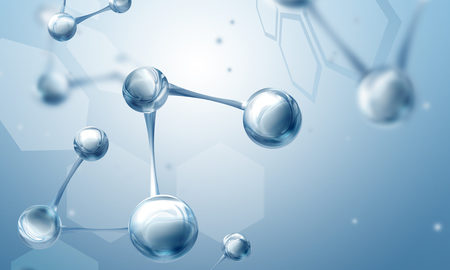Scientists Identify Molecule That Promotes Learning

The human brain has the ability to adapt in response to changes. This quality is known as brain plasticity. It enables humans to learn throughout life. New neurons are generated in specific areas of the adult brain and are instrumental in learning new processes.
Molecular Basis for Production of New Neurons
Until now, the molecular processes that are involved in the production of new neurons in response to environmental changes have been poorly understood. Hannah Moyer, a clinical neurobiologist at the German Cancer Research Institute, explains that a current study has, for the first time, identified a key mediator in the production of new neurons.
Scientists Identify Molecule That Promotes Learning
The team identified a molecule known as diazepam-binding inhibitor or DBI, which is a peptide that plays a critical role in the production of new neurons in the adult human brain. DBI binds to the receptor for GABA by replacing diazepam (the generic name for the medication Valium).
DBI was found to promote new neuron formation in the subventricular zones of the brain. This area of the brain is especially sophisticated in mice where it supplies new neurons to the olfactory (smell) system. Interestingly, the current study showed that DBI has a similar neurogenetic effect on the hippocampus, an area of the brain associated with learning and memory.
The formation of new neurons in the hippocampus is known to improve an individual’s ability to learn new things. Studies in mice have shown that changes in the environment or alterations in physical activity lead to neuron formation in the hippocampus.
Diazepam-Binding Inhibitor: A Key Mediator in Brain Plasticity
The team genetically manipulated cells in mice to both turn off and boost the DBI gene. In the absence of DBI, there was a decline in hippocampal neural stem cells. A boost in DBI produced the opposite effect, i.e., the number of neural progenitor cells increased.
Researchers often add new toys to the cages of laboratory mice to stimulate the production of new neurons in rodent brains. In mice with the DBI gene missing, this stimulation with alternations in the environment had no effect and the quantity of neural stem cells did not increase.
DBI is a molecular antagonist of GABA, a neurotransmitter that binds to the same receptor. GABA maintains dormancy in stem cells. DBI, on the other hand, prompts stem cells to start proliferating and developing into young neurons. Thus, DBI peptide is a key mediator in neurogenesis by suppressing GABA, thus linking environmental stimuli to learning.
References:
- https://www.medicalnewstoday.com/releases/316865.php


